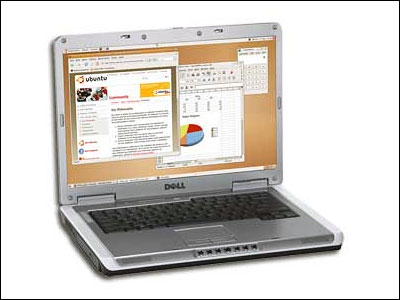Has Ubuntu clinched the desktop Linux market?


The aim of the project is not just to deliver an operating system, but a complete environment, including applications, aimed at the mass market.
Some feel there are too many Linux distributions, and in the server area I disagree, since the distros are basically compatible. But in the desktop space things may be different. To beat Windows we may need unity.
And increasingly I'm seeing desktop Linux coalesce around Ubuntu. Dell now sells Ubuntu. Acer is selling it in Singapore. No other distro has these kinds of big company endorsements. Whether they're worthwhile is another question.
That's mainly because Ubuntu specializes in desktops. Its key advantage is localization. You can get Ubuntu in more languages than you can Windows, with local language support. Canonical has worked hard to make this happen.
For companies like Red Hat, on the other hand, desktop Linux is a project, a loss-leader, a sideline. The success or failure of its desktop Linux initiative will not make-or-break Red Hat.
That's the problem. Dedication is the key to success in everything. It's rare that you find great success in a sideline.
Were this a breakfast plate, Red Hat would represent the eggs and Ubuntu the bacon. The chicken's involved but the pig is committed.
So are the desktop Linux wars over?